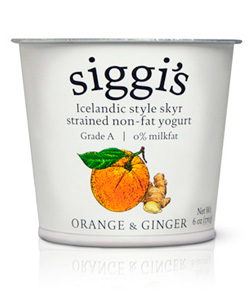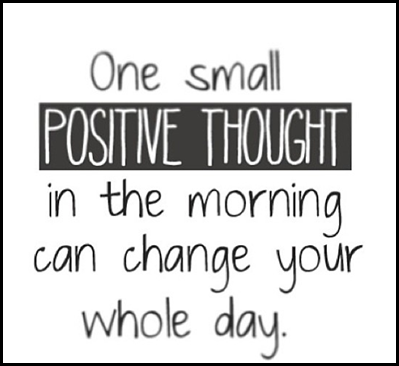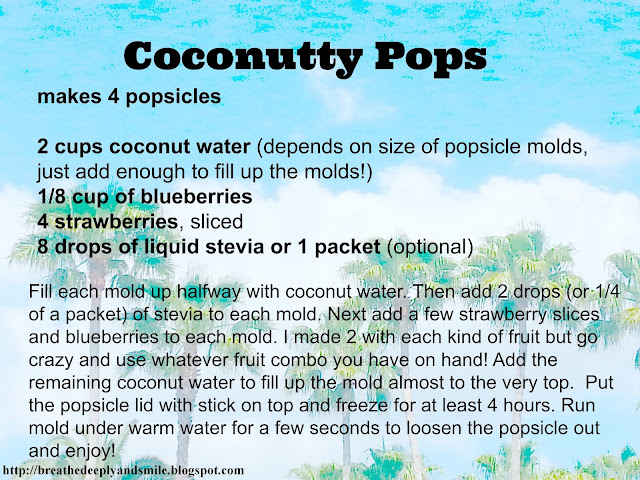I'll post a training update from last week tomorrow but today I really wanted to bring up a topic that has been on my mind recently.
When people hear you are running a marathon they probably think you are going to lose a ton of weight because of those crazy calorie burns. They say, go ahead eat that plate of cheese fries, you ran 15 miles today! True, the typical seasoned or elite runner's physique is pretty lean. When training for a marathon that is not always the case though. Just because you may be burning 1000-2000 calories on a run doesn't mean you aren't fueling more. I'm eating a GU/fruit chews/fuel every 45-60 minutes during my run. I'm fueling pre- and post- run. Besides which, I'm hungry pretty much all the time, especially the day of and after my long run. In the past 2 months since starting marathon training, I've put on about 4-5 pounds. It seems to be steady there and I'm getting okay with it, but at first as I mentioned, it was shocking.
I'm running more and gaining weight?
I wish I was kidding.
I've seen this topic on many places around the interwebs including Runner's World here, on Tina's (Carrots 'N' Cake) blog , and more recently mentioned by Carissa from Fit 2 Flex here . Just google "marathon training weight gain" and you'll get a bunch of articles about it. Besides what I've mentioned about being hungrier in general and fueling for runs, here are the scientific facts I've compiled that may contribute to marathon training weight gain:
1.One reason for gaining a few pounds is from increased muscle mass. Muscle tissue is more dense than fat tissue, so the scale might give a higher number, even though you've probably lost inches due to fat loss. This is especially true if you are strength training as well!
2. Long distance training requires more carbohydrates, which attract water, along with increased glycogen stores for those longer runs. Your body wants to hold onto extra fuel and water for long runs. See, it's just looking out for you!
3. This leads me to the fact that carb-loading by binging on plates of pasta and bread is unnecessary. I think a lot of people over estimate how much carb-loading they actually have to do. It'd be different for me if I was fueling up for a bigger race a few times a year with some pizza and cupcakes before race night rather than doing some massive carb-loading each Friday night for 5 months before a run the next AM.
The proper way to carb-load didn't click with me until my training group coach talked to us about nutrition and suggested adding an extra serving of carbs (preferably something more nutritious and less processed) to lunch/dinner 2 days before the run and to breakfast the day before the run. Then your body actually has time to convert the carbs to glycogen. When I first heard that I was like "Duh!" . Also watch how many calories you are intaking in your gatorade or liquid electrolyte drinks if you are trying to watch your weight!
4. After you run 17 miles on a bright and early Saturday morning you probably want to treat yourself to some pizza, a cupcake, and half a bottle of wine when all that rebound hunger kicks in later in the day. No? Just me? Apparently many people gain weight due to simply eating more calories than they are burning. I can definitely eat a 1500 calorie brunch. If you don't think you can, look at some of the calorie counts of restaurants, um hello, 1140 calories for a medium peanut butter bacon shake from Sonic? It's really important to refuel within 30 minute of exercise but just try to keep treats minimal and lots of good, nutritious food incorporated into your meals!
Is weight gain inevitable with marathon training? Maybe not. In the end, I'm happy that I'm strong and fit and going to have legs that can hopefully take me 26.2 miles, even if they are a little bigger than they used to be. Here's some things I'm doing to keep myself in check and to make sure my body is being properly fueled without binges:
1. Drink lots of water. Water is awesome for you all around, even if you aren't training for anything. I'm trying to get in at least 90 oz a day. The minimum should be half your body weight in ounces, but upwards to your actual body weight in ounces if you are training or highly active.
2. Make sure to eat lots of protein. I'm being sure to include a protein and some fat at every meal to keep my macronutrients more balanced and my body more satiated. I think the golden rule is to have approximately 1 gram of protein for every kilogram of body weight per day (I googled it to double check and pounds of body weight/2.2=kilograms of body weight!). Some sources will say that runners need even more than this!
3. Plan meals around long exercise sessions. I'm pretty good during the week due to my work structure and breakfast is my favorite so I never skip it. However on the weekends with longs runs, between breakfast and dinner becomes a snacking free-for-all. I'm going to try to do better to actually eat a sit down, protein-packed lunch on the weekends.
4. Keep snacking at bay, especially on long run days. I'm getting better at actually making myself a smoothie or preparing a snack, instead of stealing a few handfuls of pita chips, chocolate chips, and cereal every 15 minutes. If I'm actually hungry, I'm going to fuel my body!
Have you gained weight training for a marathon or long distance race? What are your tips for exercise hunger?

































